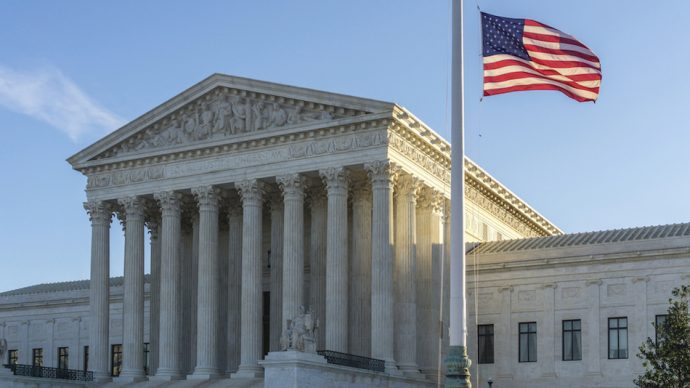Here is S. Adam Seagrave writing at Public Discourse:
Any defense of constitutional originalism depends on accepting the principles of natural law and natural rights on which the Constitution was founded. Unfortunately, these principles no longer have meaning for most judges, politicians, and ordinary citizens today—which has troubling implications for the future of our republic.
The passing of the greatest constitutional originalist of our time invites us to reflect on the meaning and value of reading the Constitution as Justice Scalia did—in terms of the text itself as its authors intended and the public understood it. There seem to be three primary reasons why the originalist approach exemplified by Scalia might be appropriate and desirable: It prevents judges from acting as legislators or policymakers, it upholds the idea of the rule of law by respecting the fundamental law of society, and it preserves true and good principles of government that the founders embraced and codified in the Constitution.
Originalism is often defended solely on the basis of the first two reasons—preventing judges from “legislating from the bench” and respecting the Constitution. Although these may indeed be good reasons, they are only persuasive reasons for originalism insofar as the third reason is embraced as well: the truth and goodness of the founders’ political principles. Without this last reason, it is unclear why there is anything wrong with legislating from the bench, or why we should respect the Constitution as originally understood. This poses a serious problem for originalism in contemporary American society, because most citizens, politicians, and judges have long since abandoned the founders’ political principles as untenable.
Read more: Public Discourse

